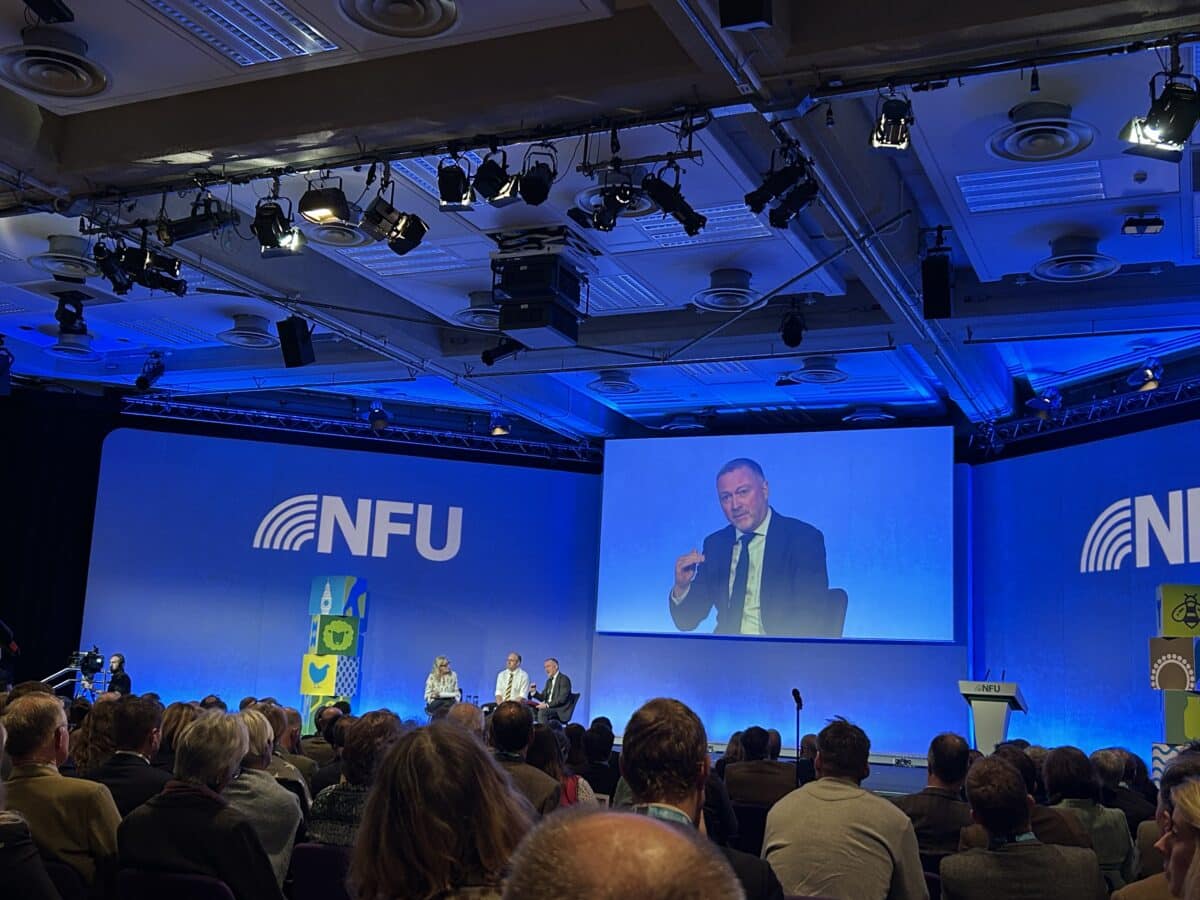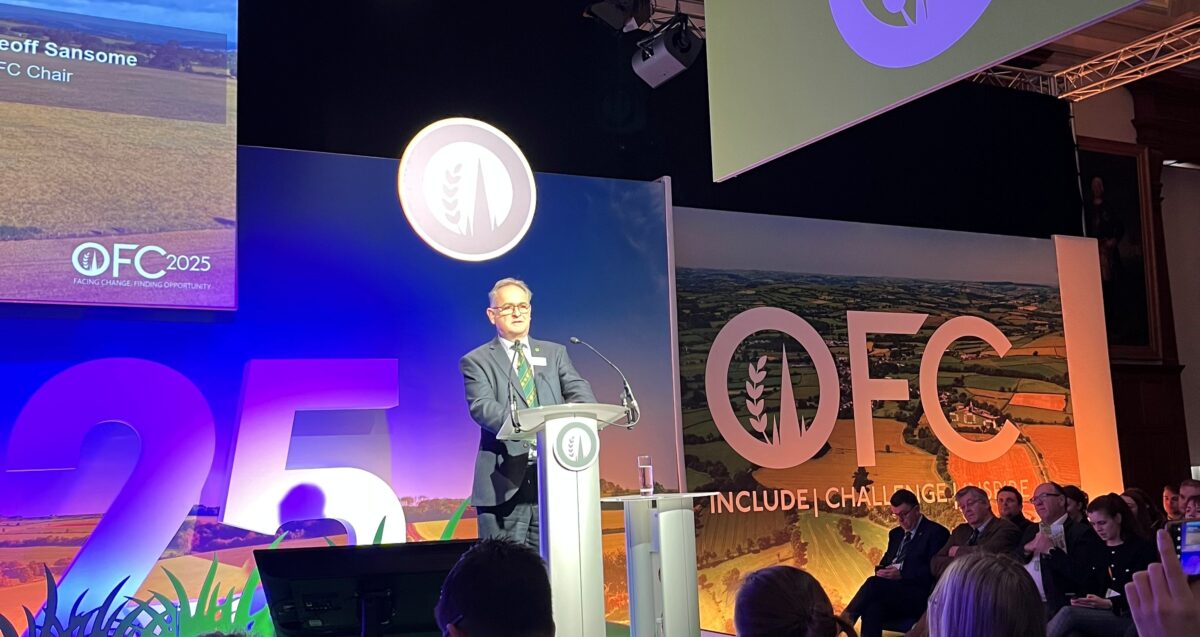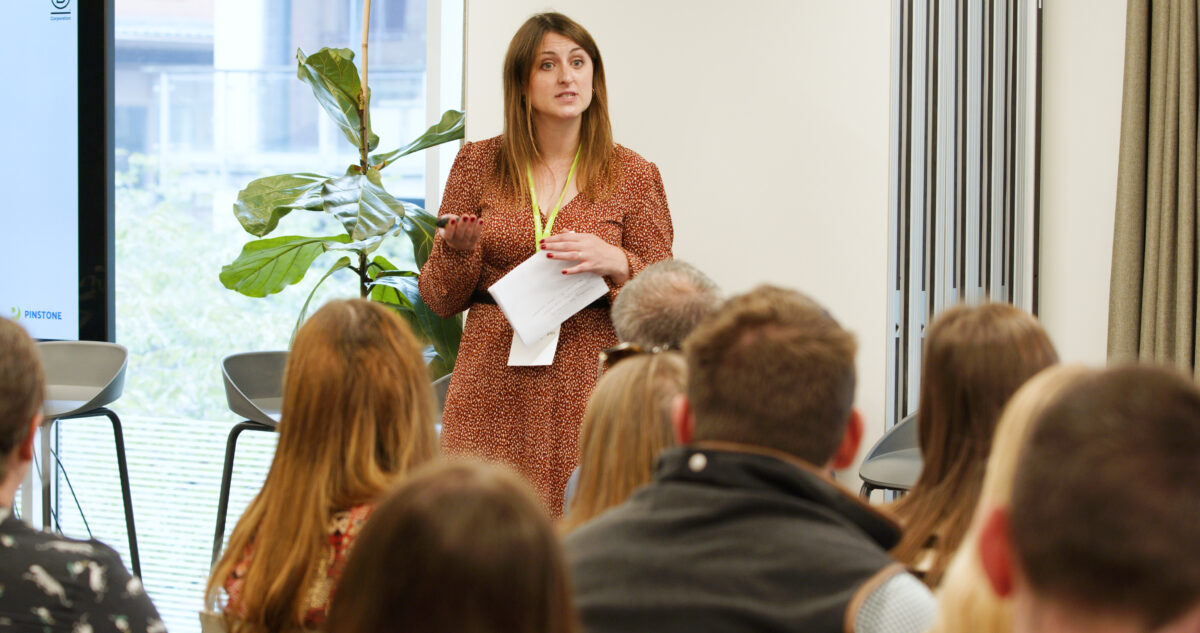Anyone involved in the beef sector will share my frustration whenever the reduction of red meat consumption is thrust into the limelight as part of the solution to tackling climate change. While on one hand, the stricter government targets released this week, won’t include forcing people to eat less meat, the subliminal message will have been heard loud and clear.
Well-meaning individuals who think they are doing their bit to save the planet could well be influenced by one-sided arguments. Particularly when meat reduction is advocated by high profile figures – the latest being the Business Secretary, Kwasi Kwarteng, who’s proudly announced he’s considering going vegan.
However, it’s far from all doom and gloom, with the latest Kantar data showing primary red meat volume has seen an 18% increase since January 2020, and deadweight cattle prices finally breaking the £4/kg barrier.
But are we riding the crest of a wave? I certainly hope not. Not least because my husband has been in a much better mood lately when he has opened the cattle cheque.
Written by…
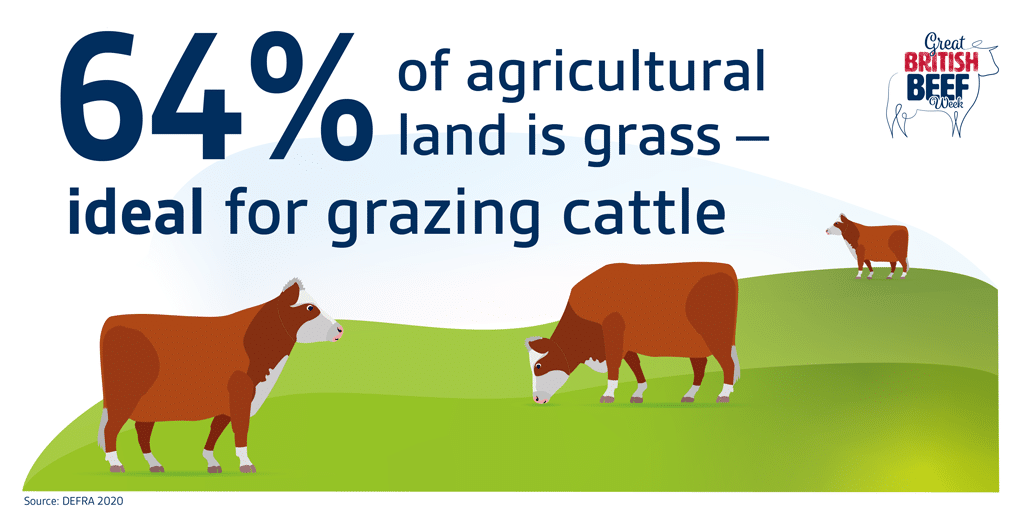
My hope is, that if one good thing has come out of the COVID-19 crisis is that it has given consumers a chance to reconnect with food production. Helping them understand more about how and where the food on their plate comes from. And as a result, put a higher value on sustainably produced British beef.
It would be naive to think this trend will naturally continue, particularly with no let-up in the barrage of negative media. This is why, we need industry backed initiatives which reach out to the consumer and tell the real story.
A fantastic example of this is Great British Beef Week, which kicks off today. Spearheaded by Ladies in Beef, the theme for this year is unsurprisingly sustainability. The emphasis will be on showcasing exactly what farmers are doing to make British Beef highly sustainable and provides an opportunity to show how we have the potential to become part of the solution to climate change.
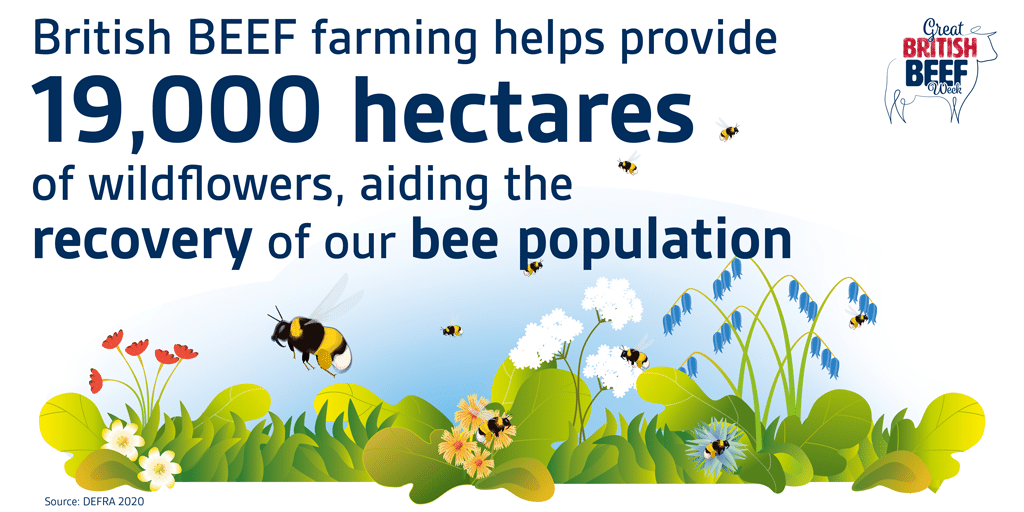
In a world of evolving communication tactics, there are many ways to pledge your support to GBBW. Whether it’s using the GBBW twibbon on your Facebook page or sharing an infographic on Twitter, it’s easy to get involved.
Everyone in the industry has a role to play in telling the real story to consumers and GBBW provides a great platform for this. So, let’s make the most of the opportunity to reach out to consumers over the next week, and help drive growth in British beef.




